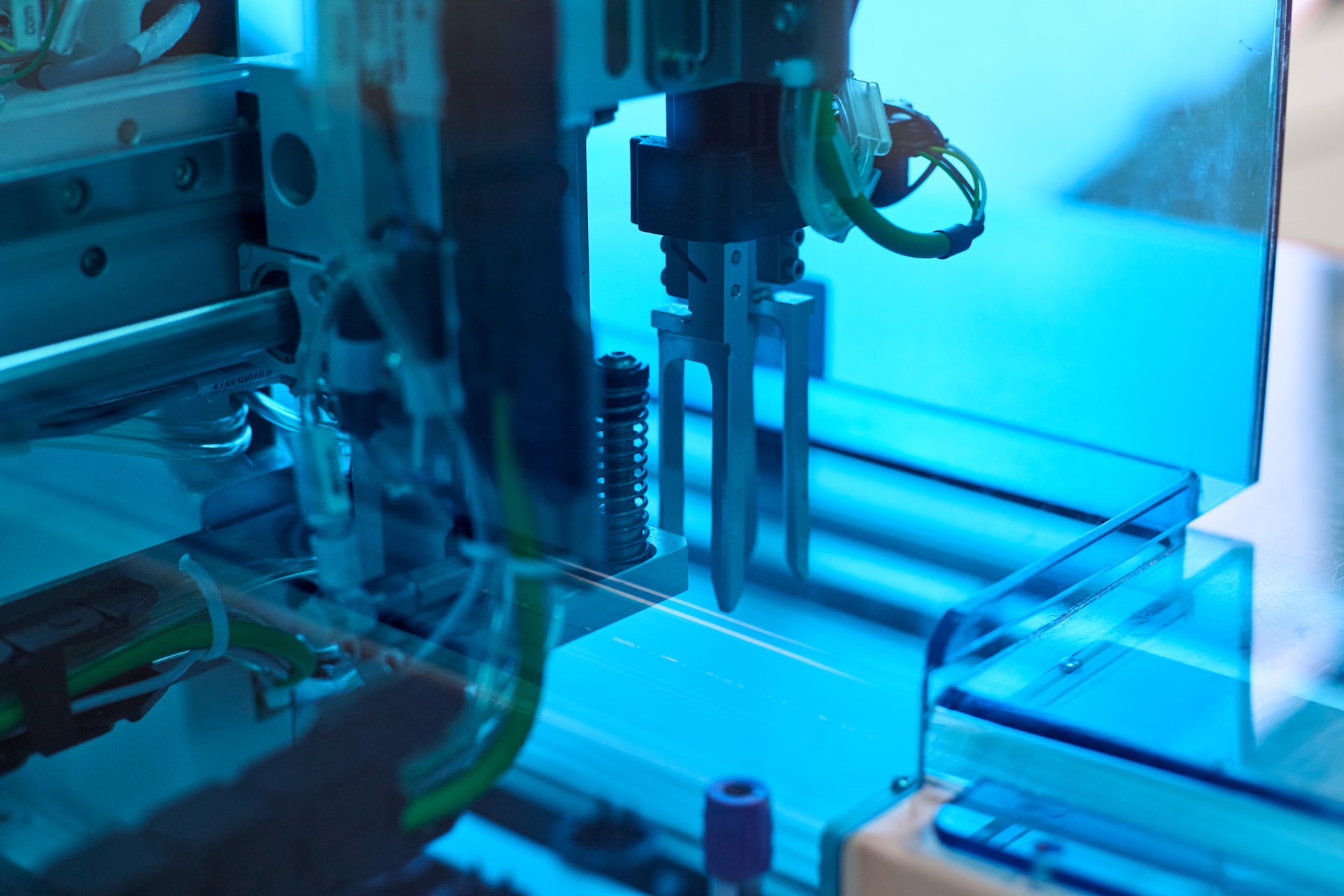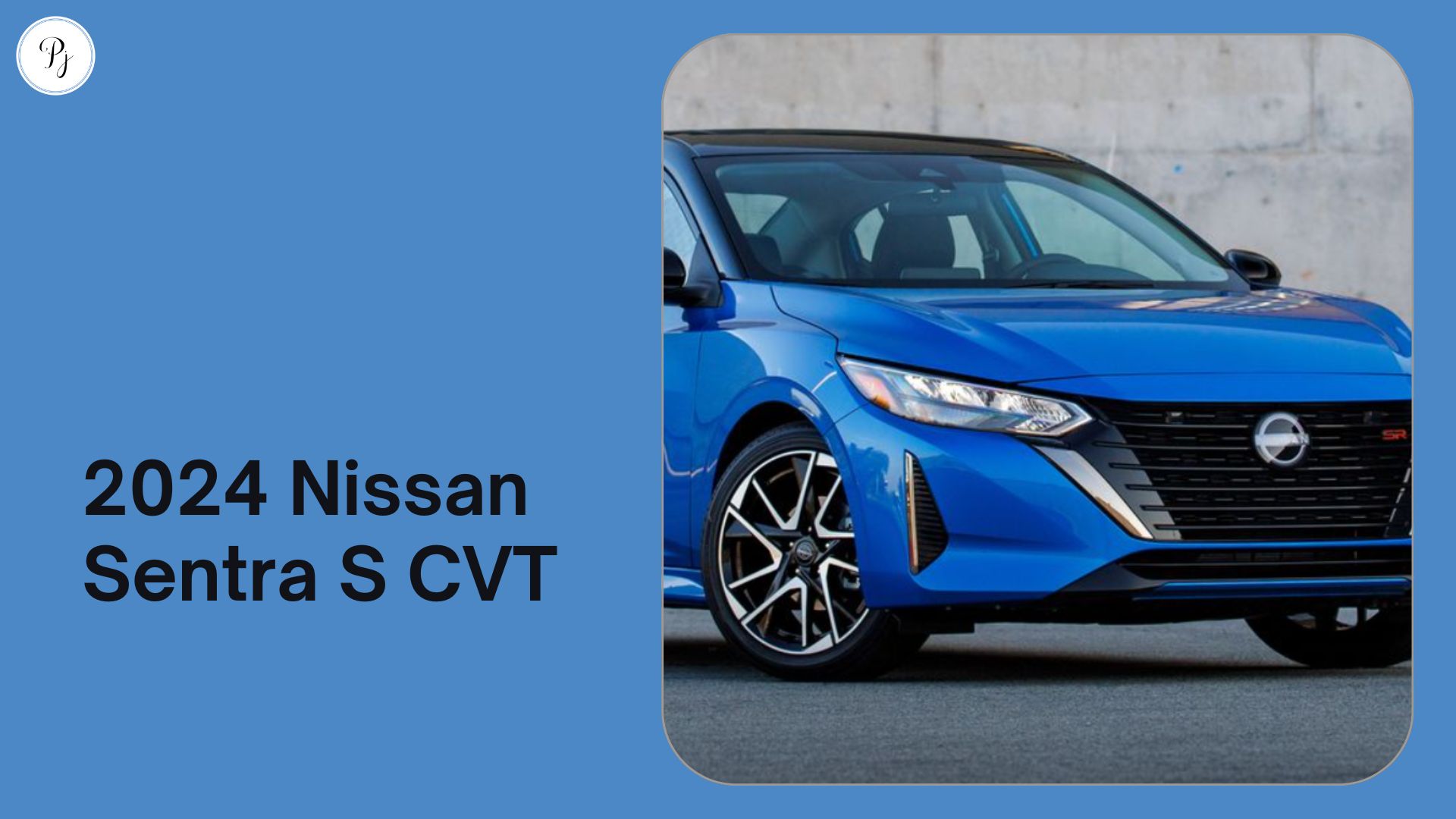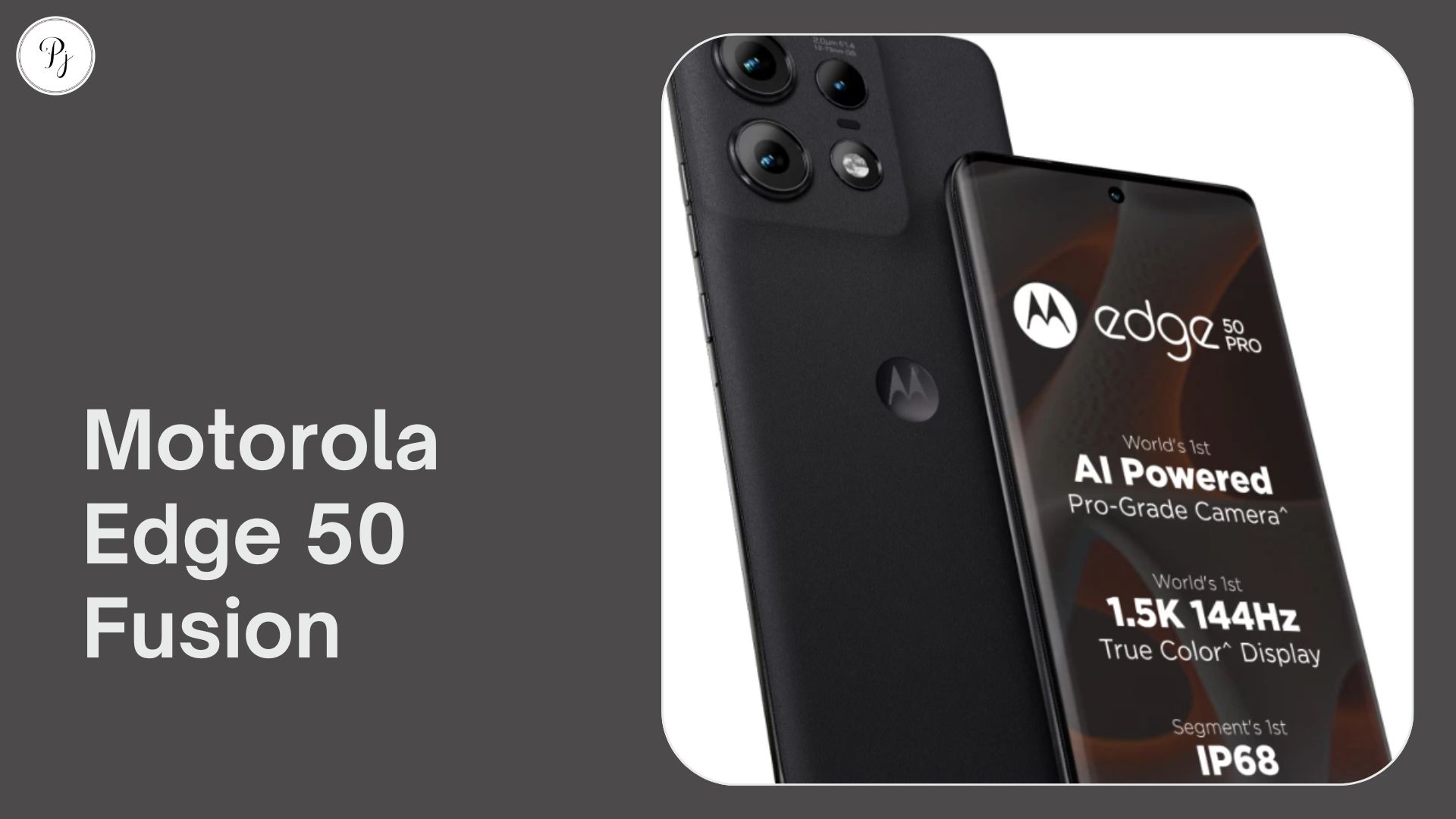Home automation is the process of using technology to control various aspects of your home, such as lighting, temperature, security, entertainment, and more. Home automation can make your life easier, more comfortable, and more convenient, as well as save you energy and money. But how do you choose the best home automation system for your smart home in 2023?
In this article, we will explore some of the factors you should consider when choosing a home automation system, such as:
- Compatibility
- Features
- Ease of use
- Price
- Reliability
We will also review some of the latest trends and innovations in home automation technology that you should look out for in 2023.
Compatibility: How to Find the Best Home Automation System that Works with Your Devices
Compatibility refers to how well your home automation system can work with different devices, brands, and platforms. Ideally, you want a home automation system that can integrate with as many smart devices as possible, regardless of their manufacturer or protocol.
Some of the most popular home automation systems that offer high compatibility are:
| Home Automation System | Compatible Devices | Compatible Protocols | Compatible Smart Assistants |
|---|---|---|---|
| SmartThings | Over 5,000 | Zigbee, Z-Wave, Wi-Fi, Bluetooth, and more | Alexa, Google Assistant |
| Apple HomeKit | Hundreds | Wi-Fi, Bluetooth | Siri |
| Amazon Alexa | Thousands | Wi-Fi, Zigbee, Bluetooth, and more | Alexa |
Features: How to Choose the Best Home Automation System that Offers the Functions and Capabilities You Want
Features refer to the functions and capabilities that your home automation system can offer, such as lighting, security, entertainment, health, and more. Depending on your needs and preferences, you may want a home automation system that can offer specific features that suit your lifestyle.
Some of the most popular features that home automation systems can offer are:
- Lighting: Lighting is one of the most basic and essential features of home automation, as it can affect the mood, comfort, and energy efficiency of your home. Home automation systems can allow you to control and automate your smart lights, such as:
- Turning them on or off
- Dimming them
- Changing their colors
- Creating scenes for different occasions
Some home automation systems can also adjust your smart lights based on the time of day, the weather, or your presence.
- Security: Security is one of the most important and popular features of home automation, as it can protect your home and family from potential threats, such as burglars, fires, floods, and more. Home automation systems can allow you to control and monitor your smart security devices, such as:
- Cameras
- Locks
- Alarms
- Sensors
- And more
Some home automation systems can also alert you if they detect any suspicious activity, or automatically take actions, such as locking the doors, turning on the lights, or calling the authorities.
- Entertainment: Entertainment is one of the most fun features of home automation, as it can enhance your entertainment experience at home, such as watching movies, listening to music, playing games, and more. Home automation systems can allow you to control and automate your smart entertainment devices, such as:
- TVs
- Speakers
- Soundbars
- Streaming devices
- And more
Some home automation systems can also sync your smart entertainment devices with your smart lights, creating a more immersive and dynamic atmosphere.
- Health: Health is one of the most emerging and innovative features of home automation, as it can improve your health and wellness at home, such as monitoring your vital signs, managing your medications, providing personalized care, and more. Home automation systems can allow you to control and automate your smart health devices, such as:
- Scales
- Blood pressure monitors
- Pill dispensers
- And more
Some home automation systems can also integrate with your smart health devices and provide you with insights, recommendations, and reminders based on your health data.
Ease of Use: How to Choose the Best Home Automation System that is Simple and Convenient to Set Up, Use, and Maintain
Ease of use refers to how simple and convenient it is to set up, use, and maintain your home automation system. Ideally, you want a home automation system that provides a smooth and hassle-free user experience, without requiring too much technical knowledge or skills.
Some of the aspects that affect the ease of use of home automation systems are:
- Installation: Installation is the process of setting up your home automation system and connecting it with your smart devices. Depending on the type and complexity of your home automation system, installation can vary in difficulty and time. Some home automation systems can be installed easily by plugging in a hub or downloading an app, while others may require professional installation or wiring. You should choose a home automation system that matches your level of expertise and comfort with installation.
- Interface: Interface is the way you interact with your home automation system and control your smart devices. Depending on the type and preference of your home automation system, the interface can vary in style and mode. Some home automation systems can be controlled using voice commands, while others may require touchscreens, buttons, or remotes. You should choose a home automation system that offers an interface that is intuitive, responsive, and accessible for you.
- Maintenance: Maintenance is the process of keeping your home automation system and your smart devices in good working condition. Depending on the type and quality of your home automation system, maintenance can vary in frequency and cost. Some home automation systems can be maintained easily by updating the software or replacing the batteries, while others may require more frequent or expensive repairs or replacements. You should choose a home automation system that offers reliable and durable performance and a good warranty and customer service.
Price: How to Choose the Best Home Automation System that Fits Your Budget
Price refers to the amount of money you need to spend to buy and use your home automation system and your smart devices. Depending on the type and number of your home automation system and your smart devices, price can vary significantly. Some home automation systems and smart devices can be affordable and cost-effective, while others may be expensive and luxurious.
Some of the aspects that affect the price of home automation systems are:
- Hardware: Hardware is the physical components of your home automation system and your smart devices, such as hubs, sensors, cameras, speakers, and more. Depending on the type and quality of your hardware, the price can vary significantly. Some hardware can be cheap and basic, while others may be expensive and advanced. You should choose hardware that meets your needs and budget, and that is compatible with your home automation system.
- Software: Software is the digital components of your home automation system and your smart devices, such as apps, platforms, services, and more. Depending on the type and quality of your software, the price can vary significantly. Some software can be free and open-source, while others may require subscriptions or fees. You should choose software that offers the features and functions you want, and that is compatible with your home automation system and your smart devices.
- Energy: Energy is the amount of electricity or other resources you need to power your home automation system and your smart devices. The energy consumption and cost can vary significantly depending on the type and efficiency of your home automation system and your smart devices. Some home automation systems and smart devices can be energy-efficient and eco-friendly, while others may be energy-intensive and wasteful. You should choose home automation systems and smart devices that can save you energy and money, and that are compatible with your home’s energy sources.
Reliability: How to Choose the Best Home Automation System that Performs Well and Avoids Failures or Errors
Reliability refers to how well your home automation system and your smart devices can perform their functions and avoid failures or errors. Ideally, you want a home automation system that can provide you with a consistent and secure performance, without causing any problems or risks.
Some of the aspects that affect the reliability of home automation systems are:
- Connectivity: Connectivity is the ability of your home automation system and your smart devices to communicate with each other and the internet. Depending on the type and quality of your connectivity, the reliability can vary significantly. Some connectivity can be stable and fast, while others may be unstable and slow. You should choose a home automation system and smart devices that offer strong and reliable connectivity, and that can handle different protocols and networks.
- Security: Security is the ability of your home automation system and your smart devices to protect your data and privacy from unauthorized access or attacks. Depending on the type and quality of your security, the reliability can vary significantly. Some security can be robust, while others may be weak and vulnerable. You should choose a home automation system and smart devices that offer a high level of security, and that can encrypt your data, prevent hacking, and alert you of any breaches.
Latest Trends and Innovations in Home Automation Technology
Home automation technology is constantly evolving and improving, offering new and exciting features and functions for your smart home. Here are some of the latest trends and innovations in home automation technology that you should look out for in 2023:
Artificial Intelligence: Artificial intelligence (AI) is the ability of your home automation system and your smart devices to learn from your behavior and preferences, and to provide you with personalized and proactive services. AI can make your home automation system and your smart devices smarter, more adaptive, and more responsive, as well as offer you insights, recommendations, and reminders based on your data. Some examples of AI-powered home automation systems and smart devices are:
- Google Nest, which can adjust your thermostat, lighting, and security based on your presence and habits, and provide you with energy reports and tips.
- Amazon Echo Show, which can display relevant information, such as weather, traffic, news, and recipes, based on your voice commands and routines, and also make video calls and stream music and videos.
- 5G: 5G is the fifth generation of mobile network technology that can offer faster and more reliable connectivity for your home automation system and your smart devices. 5G can enable your home automation system and your smart devices to communicate with each other and the internet more efficiently and effectively, as well as support more devices and data without compromising the speed or quality. Some examples of 5G-enabled home automation systems and smart devices are:
- Samsung SmartThings Hub 5G, which can connect with multiple smart devices and offer low latency and high bandwidth, and also act as a Wi-Fi router and a 5G hotspot.
- LG ThinQ 5G, which can control and monitor your smart appliances and offer remote diagnostics and maintenance, and also stream 4K content and play online games with minimal lag.
- Augmented Reality: Augmented reality (AR) is the ability of your home automation system and your smart devices to overlay digital information and images on your physical environment, creating a more immersive and interactive experience. AR can enhance your home automation system and your smart devices by providing you with more visual and contextual information, as well as allowing you to control and customize your smart devices using gestures, voice, or touch. Some examples of AR-powered home automation systems and smart devices are:
- IKEA Place, which can let you preview and place furniture in your home using your smartphone camera, and also measure the dimensions and check the availability of the products.
- Philips Hue Sync, which can sync your smart lights with your TV, gaming console, or music player, creating a more atmospheric and dynamic ambiance, and also lets you adjust the brightness, color, and intensity of your smart lights using your smartphone camera.
Conclusion
Home automation is a great way to make your home smarter, more comfortable, and more convenient, as well as save you energy and money. However, choosing the best home automation system for your smart home in 2023 can be challenging, as there are many factors to consider, such as compatibility, features, ease of use, price, and reliability.
In this article, we have discussed some of the factors you should consider when choosing the best home automation system for your smart home in 2023, as well as some of the latest trends and innovations in home automation technology that you should look out for in 2023.





